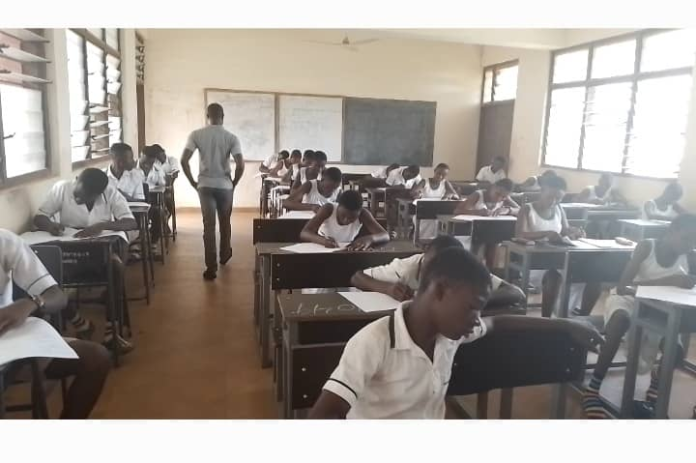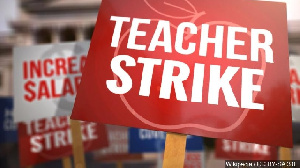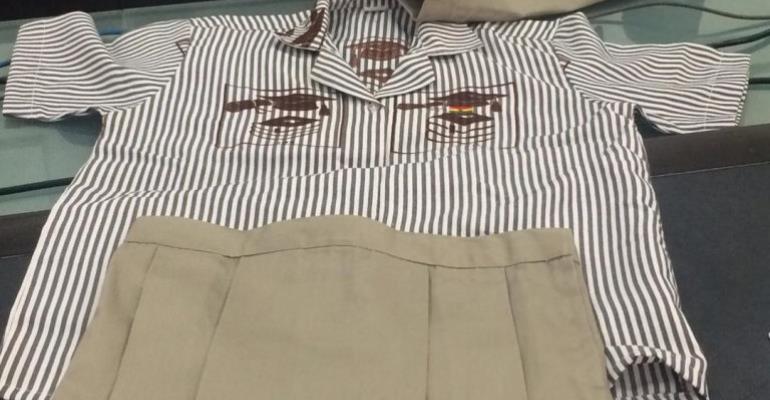Free SHS hasn’t lowered standard of education

It seems the recent comments of the former Vice-Chancellor of the University of Ghana on educational matters, most especially the Free SHS, is becoming one too many recipes to satisfy his disenchantment with the program.
Not only that, but he has also taken contentment in factoid submissions, even in the commitment of his in-depth knowledge on educational issues.
Prof. Addae-Mensah made several unfounded submissions in derailing the importance of Free SHS and acknowledging it as a disservice. He also described the country’s education system as vulnerable, and particularly the second cycle as gradually waning. This he attributed to the Free SHS policy and insisted that the policy has not yielded the desired impact.
In the legal frame, when the law is ambiguously stated, there arises the need to seek clarification in the law court. So as in this context, the only medium he, Prof. Addae-Mensah can defend his submissions is to consider the facts and data available as such. It would have been face-saving for him to have sought the statistics available to acquit his opinions, which he seemingly didn’t consider.
Now, the data available in the archives of the Ghana Education Service and the Ministry of Education paints a positive trend in the education sector since the introduction of the Free SHS policy. The performance of students during this period has witnessed a significant milestone. Comparatively, for the past seven years (2015 – 2021), graduating students under the Free SHS policy has been vindicated by their performance in the WASSCE Exams.
Since 2017, when the Free SHS policy was successfully introduced by the Nana Addo Dankwa Akufo-Addo government, not only has it provided financial relief for parents, it has historically increased access to SHS from approximately 880,000 in 2016 to well over 1.2 million learners. With this, the WASSCE results over the past two years of Free SHS students show that quality is not compromised.
It is worth mentioning that the WASSCE results of candidates from 2021 who are pioneers of the Double Track School calendar introduced in 2018 show that their performance is the second-best in the past 7 years. (2015 – 2021). This points to the fact that the double-track school calendar was a game-changer in allowing more students to have access to Free Quality SHS education without compromising quality.
According to WAEC, the average Aggregate Percentage of passes (A1—C6) in core subjects (English, Mathematics, Integrated Science, and Social) indicates that over 50% of candidates consistently attained A1—C6 in the four core subject areas between 2017 and 2021. Significant to note is that the 2020 and 2021 (Free SHS candidates) attained 60% in aggregate percentage passes in the core subject areas.
With this succinct analysis, you don’t need to be an illustrious academic to comprehend that Free SHS investment is paying off. Regardless of its challenges, the policy is satisfying its purpose as required.
Prof. Addae-Mensah should give credence to the facts and data available before any submission with regard to the Free SHS flagship program. Hate it or like it, the policy remains a game-changer in the education sector since the fourth republic.
Source: Ghana/otecfmghana.com





